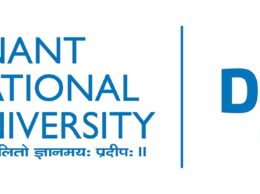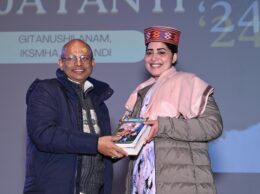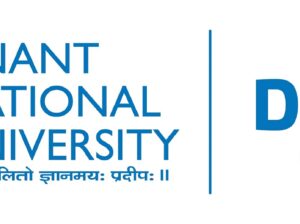Jamshedpur: XLRI – Xavier School of Management recently welcomed its new batch of students for the new academic session of 2017. A ceremony of commencement was held on 12th June, 2017 at XLRI campus, Jamshedpur.
A total of 537 students joined the illustrious XLRI student fraternity, including the three flagship programmes: Business Management (PGDM-BM: 2017-19 batch) – 181 students; Human Resource Management (PGDM-HRM: 2017-19batch) – 181 students; Fifteen-months General Management Programme (PGDM-GM: 2017-18 batch) – 109 students. Along with- Three years Postgraduate Diploma in Management (PGDM-BM, Part Time: 2017-20 batch) – 51 students; Fellow Programme in Management (FPM) – 9 students; Executive Fellow Programme in Management (EXEC-FPM) – 6 students
The new students were welcomed at a solemn, inaugural prayer service function at XLRI Campus in presence of all the current students, faculty and staff members. The welcome ceremony was addressed by Fr. E. Abraham, S.J., Director, Dr. Ashis K Pani, Dean [Academics] and Fr. Jerry Cutinha, S.J, Dean [Administration & Finance] at XLRI.
Welcoming the new batch of students, Fr. E. Abraham, S.J., Director, XLRI said, “XLRI, besides being a higher learning institution is also a social institution. We have to carry out our responsibilities as a social entity. A strong connection with the society will provide the edifice for value-oriented learning. This will instill in future business leaders a sensitivity that will inspire you to search for solutions to vexed socio-economic problems in the environment in which we are living. The onus is on institutions like XLRI to produce men and women of substance and character, not merely competent professionals. XLRI views ethical and responsible behavior as being an integral part of their graduate’s attributes. Student’s ethical awareness includes the ability to understand ethical standards and professional conduct. It is expected that you will hold personal values and beliefs consistent with your role as responsible flag bearers of this Institution.”
“This Vision and Mission has translated itself into a unique culture at XLRI. The hallmark of this culture is: not to walk along the beaten path but to strike new routes; not to benchmark but to be benchmarked; to be second to none, but to be the first to respond to the needs of the people and the nation, by taking up the tasks which are bold but necessary, which nobody has hitherto taken up. This enterprising and pioneering spirit can be witnessed throughout the history of XLRI,” he said.
“XLRI’s commitment to a broad sustainability vision for the campus grows out of a longstanding dedication to environmental stewardship. The campus is applying innovative, community based approaches to ambitious sustainability goals that span all campus operations. XLRI is advancing sustainability on a broader scale through its research, education and public service programs,” Fr. Abraham further added in his welcome address.
Prof. Jerome Joseph, Chair Professor of Industrial Relations at XLRI also addressed the students on the occasion and spoke on “Future of Management Education”.
The new students will be taken through a Special Orientation Programme drawn up by XLRI to update their knowledge before regular classes commence.
The first year students will also be taken for XLRI’s compulsory Village Exposure Programme and the Outbound Programme. Both the programmes have been specially designed for the students to create awareness about the realities rural India.
Introducing the new batch of students to the accomplished faculty members of the institute, Dr. Ashis K Pani, Dean [Academics], XLRI commented, “XLRI is known for its academic excellence as well as instilling in its students the right values through courses, activities, events and the environment it creates. A unique feature in the first term will be the Village Exposure Programme and the Outbound Programme. Both the programmes have been designed to create awareness among the students of life in rural India, as well as the importance of team spirit. Such an integral and value-based formation will impel the future managers to be innovative, competent and creative leaders.”








